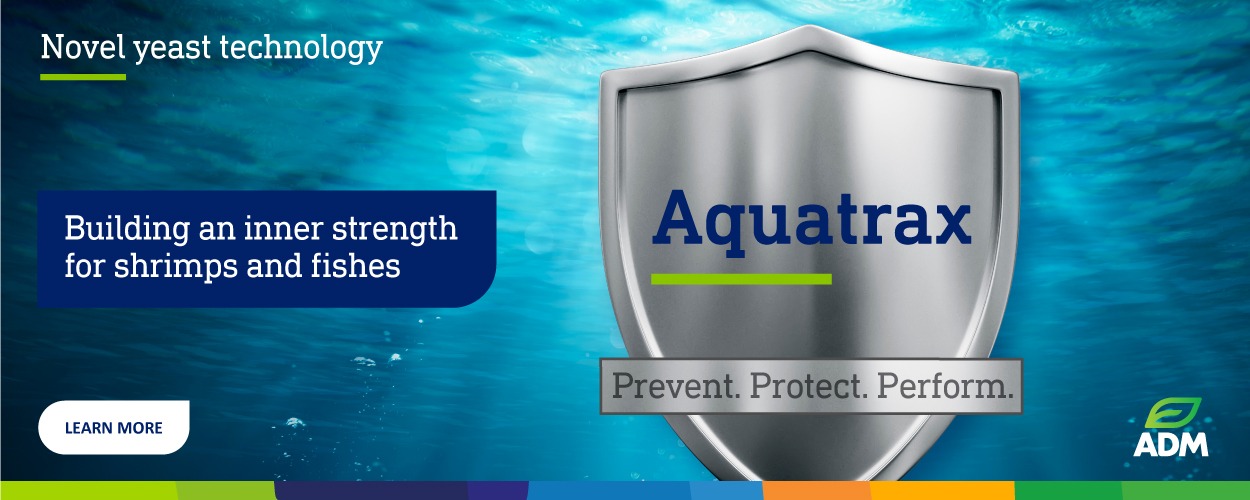The organization, presented at the World Aquaculture Society Meeting in Tunisia, aims to accelerate sector sustainable development of the on the continent
Business leaders from across the African aquaculture sector recently gathered at World Aquaculture Society Meeting in Tunisia, to mark a monumental moment in the sector’s history by committing to work together to accelerate the sustainable development of the sector. Together they established the African Aquaculture Business Leaders Network (AABLN).
This is the first of its kind network in African aquaculture and unites 22 companies from across the continent and supply chain, who have a shared vision for aquaculture playing a much larger role in assuring meeting food security, health, climate, and socio-economic goals.
“There is huge unrealized potential in African aquaculture and with greater investment and growth there is the opportunity to not only feed more people in a healthy a sustainable way but give more employment opportunities to local communities and the next generation. Africa is a huge under served market, rich in natural resources and has a young population eager to innovate. If we act now, aquaculture can be part of the region’s promising future,” added Caesar Asiyo, Chief Development Officer, Victory Farms and Chair of the AABLN.
The founding members are Acelia Africa, Aller Aqua, AquaRech, Aqua Spark, Belona Fish Farm, Chicoa Fish Farm, Eden Group, Flossell Farms, Gatsby Africa, Lake Harvest, Nutreco, Ranaan Fish Feed, Royal De Heus, Rio Fish, Samaky Hub, Sekunjalo Group, Stallion Group, Sustain Aquaculture, Tropo Farms, Victory Farms, Yalelo and Zoetis. But AABLN welcomed any other African aquaculture producers who share in the network’s mission and encourages them to get in touch to learn more.
Initial areas to explore
Acknowledging that working together can significantly accelerate progress, the members have highlighted some initial areas they will be exploring on how collective action can drive positive impact. The first one is to increase awareness of the opportunities in the sector, most notably with the investment community. The second one is supporting wider technology transfer between companies and regions to help increase productivity and overall sustainability.
Also, they want to increase training and skills development, with specific focus on women; share knowledge and building greater awareness of biosecurity challenges; and exploring opportunities to support the development of small holders.
“Within this group we have the expertise to make a significant difference, and by mobilizing this collective knowledge we have the opportunity to identify and action initiatives to address current barriers to growth and support industry advancements,” added Asiyo.
Bill & Melinda Gates Foundation
The AABLN is modeled after the Global Salmon Initiative (GSI), model for pre-competitive collaboration used to advance industry sustainability in the farmed salmon sector. Building on GSI’s 10 years plus experience in uniting business leaders to work together on environmental improvements, the Bill & Melinda Gates Foundation chose to work with GSI to help AABLN establish itself and determine an impactful workplan under a new three-year grant.
“The GSI model has taught us over the last ten years that when we unite business leaders under a progressive vision, we can identify common barriers, and we can act together to greatly accelerate progress. Gates Foundation saw the potential in the broader application of our model and now we are working together to mobilize the collective insight of local business leaders to help the African sector meet its potential,” added Sophie Ryan, GSI CEO.











